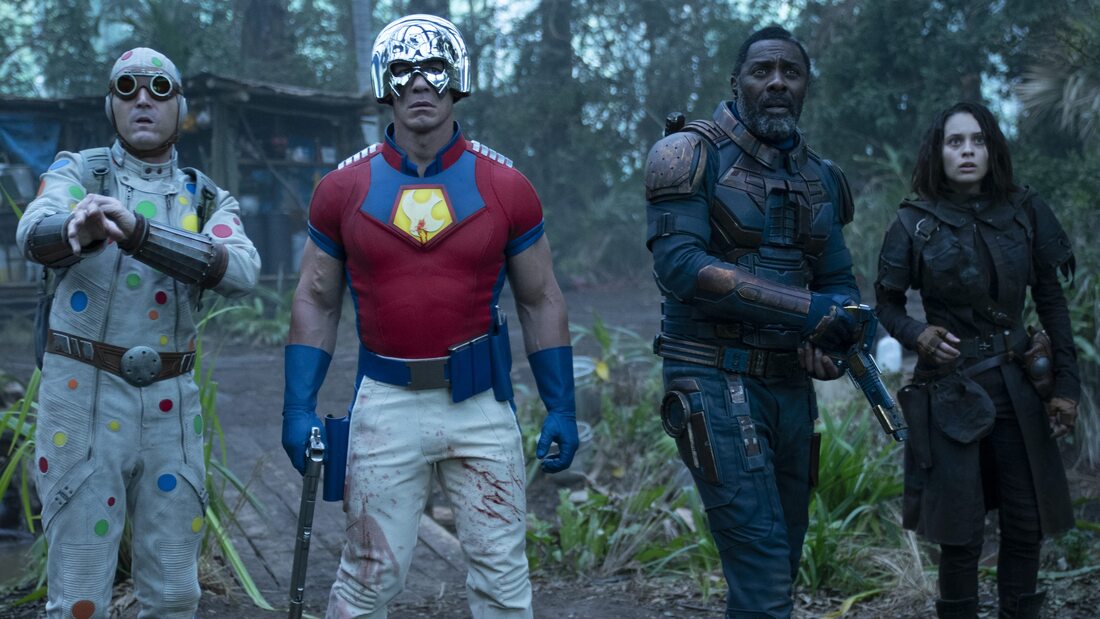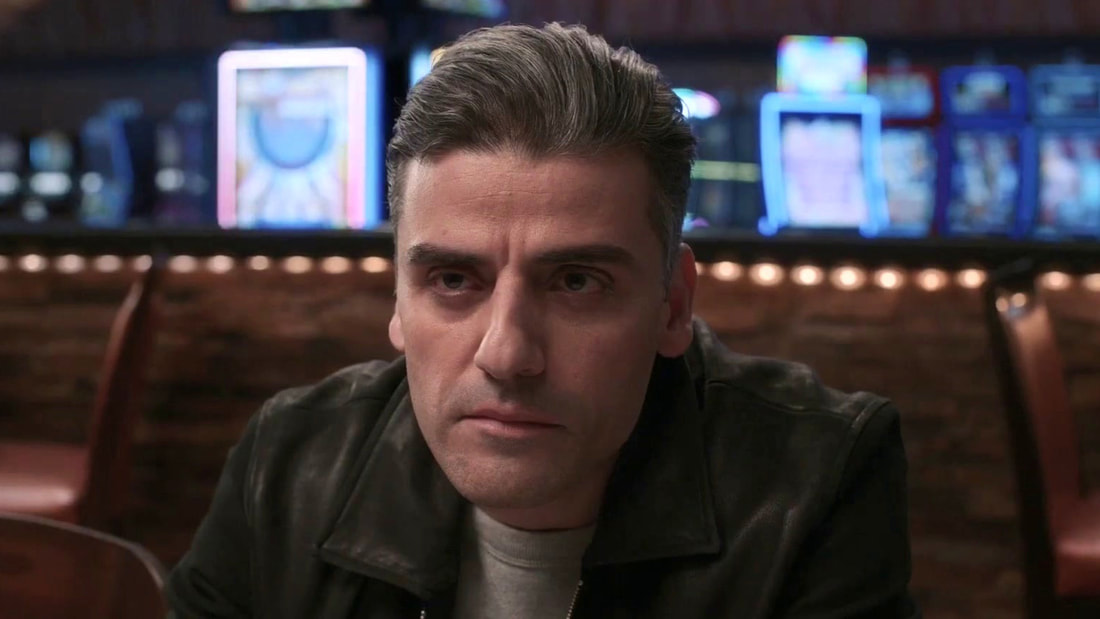|
Daniel Craig’s five movie arc as James Bond comes to an end with No Time to Die. Craig’s tenure has lasted 15 years, and his Bond has always felt captured and bested by other franchises. He was first imitating the Bourne movies, a darker and more ruthless look at spy tactics and assassins that is all over Casino Royale. Then, as Marvel’s long-running TV series thrived during the 2010’s, someone got it in their head that these movies, previously standalone adventures with a minimal throughline, needed to link together and explain Bond’s backstory, leading to films that alternately contained some of the best filmmaking and worst storytelling in the franchise. Cary Fukunaga’s entry, like Skyfall and Spectre before it, continues this frustrating tradition. No Time to Die provides a fitting end to Craig’s run because it embodies so much of the promise and the frustration that have characterized it.
0 Comments
James Gunn’s brief time away from Disney and Marvel was filled in exactly the way it should have been. With The Suicide Squad, he made a film that, for reasons both obvious and surprising, the film industry’s leading monopoly would never have allowed. Having demonstrated his utility with a team-up film with two Guardians of the Galaxy films, Gunn again takes on lesser-known comic book characters and makes the fifth or sixth one on the call sheet more interesting than characters who’ve appeared in half a dozen superhero films. It’s generally not a good thing that this genre dominates the cinematic landscape, but the idea becomes more tolerable when directors like Gunn are allowed to take big and irreverent and even challenging chances like this one.
In The Card Counter, Paul Schrader’s lonely men get another workout. The film functions as a loose continuation from First Reformed, such that the cause of the self-imposed loneliness is located in the War on Terror. Where Ethan Hawke’s Father Toller encouraged his son to enlist and die in a pointless conflict, Oscar Isaac’s William Tell took a more direct approach. Isaac, long overdue for a return to prestige filmmaking after several lucrative but creatively bankrupt years in the superhero/Disney Star Wars wilderness, couldn’t have found a better vehicle than a Schrader starring role to catapult back into critical good graces. However, where Schrader’s grasp of Big Christianity and black-pilled environmentalism was ironclad in First Reformed, the world of The Card Counter is loose and undefined, while Isaac’s costars aren’t given the material necessary to keep up with him. The director-lead actor combination here is brilliant, but the film that contains it is not.
|
Side PiecesRandom projects from the MMC Universe. Categories
All
Archives
April 2023
|



 RSS Feed
RSS Feed